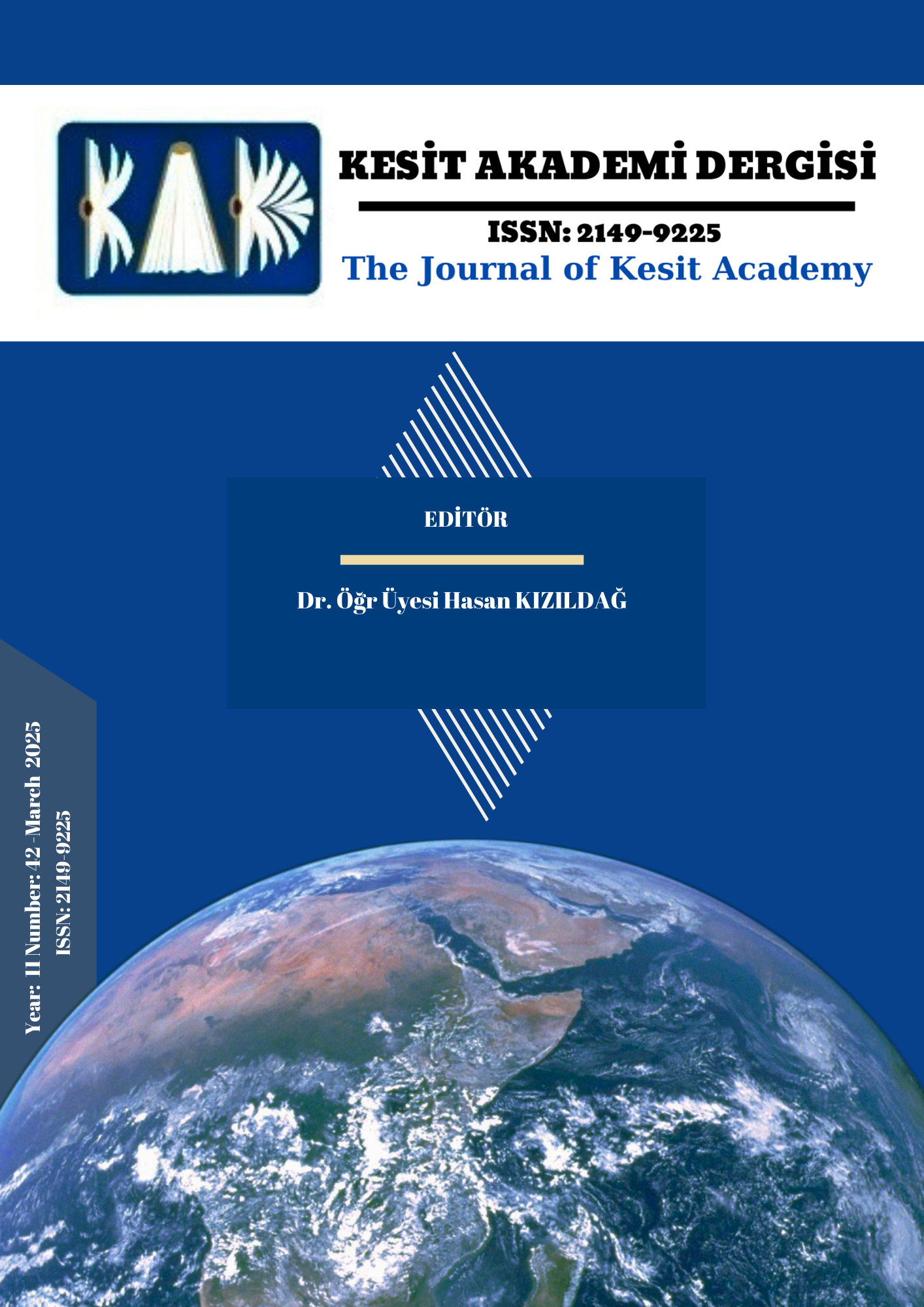Author :
Abstract
Günümüzde yapılandırmacı yaklaşım ilkeleri, eğitim fakültelerinin öğretim programlarında önemli bir yer tutmaktadır. Ancak, öğretmen adaylarının bu ilkeleri alan eğitimi derslerinde ne kadar bildikleri ve etkinlik tasarımında nasıl kullandıkları henüz ayrıntılı bir şekilde incelenmemiştir. Bu çalışmanın amacı, Didaktik Durumlar Teorisi (DDT) çerçevesinde tasarlanan etkinlikleri deneyimleyen sınıf öğretmeni adaylarının öğrenci merkezli yaklaşıma uygun etkinlik geliştirme bilgilerindeki değişimi ve etkinlik geliştirme süreçlerine (etkinlik öncesi, esnası ve sonrası) ilişkin yaptıkları açıklamaları görüşleri yoluyla ortaya çıkarmaktır. Çalışmada, nitel araştırma yöntemlerinden durum çalışması kullanılmıştır. Katılımcılar, 2019-2020 öğretim yılında Doğu Anadolu Bölgesi'nde bir devlet üniversitesinde öğrenim gören 56 sınıf öğretmeni adayıdır. Veriler, araştırmacılar tarafından geliştirilen Yapılandırmacı Ortamlar Bilgi Formu ile toplanmıştır. Bu form, DDT çerçevesinde verilen eğitimin öncesinde ve sonrasında doldurulmuş; öğrenci merkezli ortamlara yönelik sınıf öğretmeni adaylarının bilgi düzeylerindeki değişim belirlenmeye çalışılmıştır. Veriler, içerik analizi yöntemiyle çözümlenmiştir. Bulgular, sınıf öğretmeni adaylarının DDT çerçevesindeki eğitim öncesinde, öğrenci merkezli öğrenme ortamlarıyla ilgili sınırlı teorik bilgiye sahip olduklarını ve bu bilgilerini etkinlik geliştirme süreçlerinin aşamalarına ilişkin açıklamalara dönüştürmekte zorlandıklarını ortaya koymaktadır. Eğitim sonrasında ise, sınıf öğretmeni adaylarının öğrenci merkezli ortamlar hakkındaki bilgilerinin arttığı ve bu bilgilerini etkinlik geliştirme süreçlerinin farklı aşamalarına ilişkin daha fazla anlayış sergileyerek, belirli ölçüde yansıtmayı başarabildikleri görülmüştür. Bununla birlikte, çalışmanın önemli bir sonucu, sınıf öğretmeni adaylarının öğrenci merkezli ortamları bilmesinin, bu bilgileri etkinlik geliştirme süreçlerinin tüm aşamalarında etkili bir şekilde kullanabilecekleri anlamına gelmediğidir. Bu bağlamda, öğretmen adaylarına alan eğitimi kapsamında öğrenci merkezli ortamları daha fazla deneyimleme olanağı sağlanmasının ve bu ortamları uygulamalı bir şekilde gerçekleştirerek içselleştirmelerinin gerektiği düşünülmektedir.
Keywords
Abstract
Constructivist approach principles hold a significant place in the curricula of education faculties today. However, the extent to which pre-service primary school teachers understand these principles in subject-specific education courses and how they utilize them in activity design has yet to be examined. This study aims to reveal the changes in pre-service primary school teachers' knowledge of developing activities aligned with student-centered approaches and to explore their explanations regarding the stages of activity development (before, during, and after) through their perspectives after experiencing activities designed within the framework of the Theory of Didactical Situations (TDS). The study employed a qualitative research design, specifically a case study. The participants were 56 pre-service primary school teachers enrolled at a state university in the Eastern Anatolia Region during the 2019-2020 academic year. Data were collected using the Constructivist Environments Knowledge Form developed by the researchers. This form was administered before and after the training based on TDS to determine changes in the pre-service teachers' levels of knowledge regarding student-centered environments. The data were analyzed using content analysis. The findings indicate that before the training based on TDS, pre-service primary school teachers had limited theoretical knowledge about student-centered learning environments and struggled to translate this knowledge into explanations related to the stages of activity development. Following the training, however, it was observed that the pre-service teachers' knowledge of student-centered environments increased, and they could reflect this knowledge to some extent in their explanations regarding the stages of activity development. Nonetheless, an essential finding of the study is that knowing about student-centered environments does not necessarily mean that pre-service teachers can effectively apply this knowledge across all stages of activity development. In this context, it is suggested that pre-service teachers be provided with more opportunities to experience student-centered environments within the scope of subject-specific education. They should engage in hands-on practices to internalize these environments effectively.





